Building A Comprehensive Integrated Mosquito Management Program
Mosquito bites are an unfortunate side effect of time spent outdoors. But in addition to being a nuisance, mosquitoes are responsible for the transmission of many dangerous diseases including West Nile, Encephalitis, Zika, Malaria, and Yellow Fever. Because of these diseases, mosquitoes are considered the deadliest animal in the world. By understanding mosquito populations in your community, it is possible to reduce the risk of mosquito-borne diseases and enhance the overall enjoyment of the great outdoors.
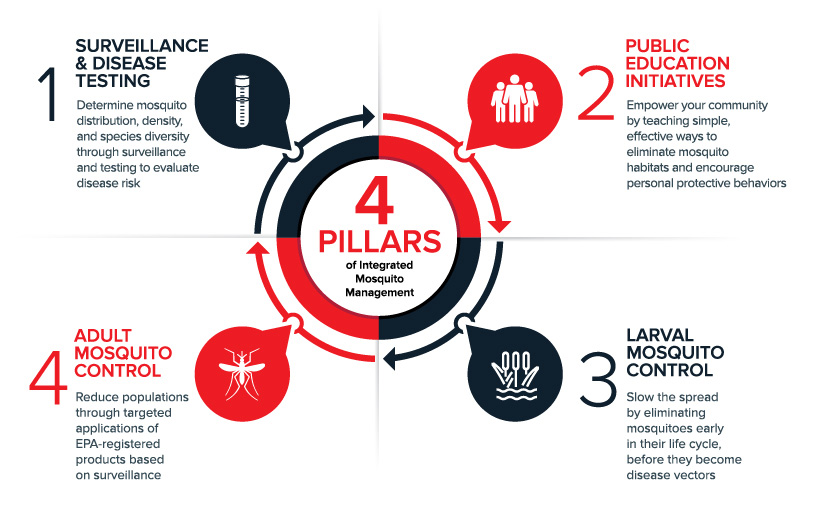
Mosquitoes are an age-old problem, but modern strategies and innovations have made it possible to curb local populations by safely targeting the insect at all life stages. This is important for mosquito abatement districts, municipalities, and county or state entities responsible for leading vector management programs. These efforts are supported by four interlocked pillars that comprise an Integrated Mosquito Management (IMM), or Integrated Pest Management (IPM), program:
Mosquito Surveillance & Disease Testing
 The more entomological experts can learn about population dynamics and species composition in a given area, the more efficiently they can target the problem at its source. Consistent mosquito surveillance and disease testing facilitate a greater understanding of the ever-changing challenges surrounding mosquito control, such as local population resistance and environmental considerations. GPS equipment and laboratory examinations by scientific experts play a critical role in data collection. This data is entered into proprietary databases for analysis, mapping, and reporting to local government agencies for coordinated integrated mosquito management efforts.
The more entomological experts can learn about population dynamics and species composition in a given area, the more efficiently they can target the problem at its source. Consistent mosquito surveillance and disease testing facilitate a greater understanding of the ever-changing challenges surrounding mosquito control, such as local population resistance and environmental considerations. GPS equipment and laboratory examinations by scientific experts play a critical role in data collection. This data is entered into proprietary databases for analysis, mapping, and reporting to local government agencies for coordinated integrated mosquito management efforts.
Public Education
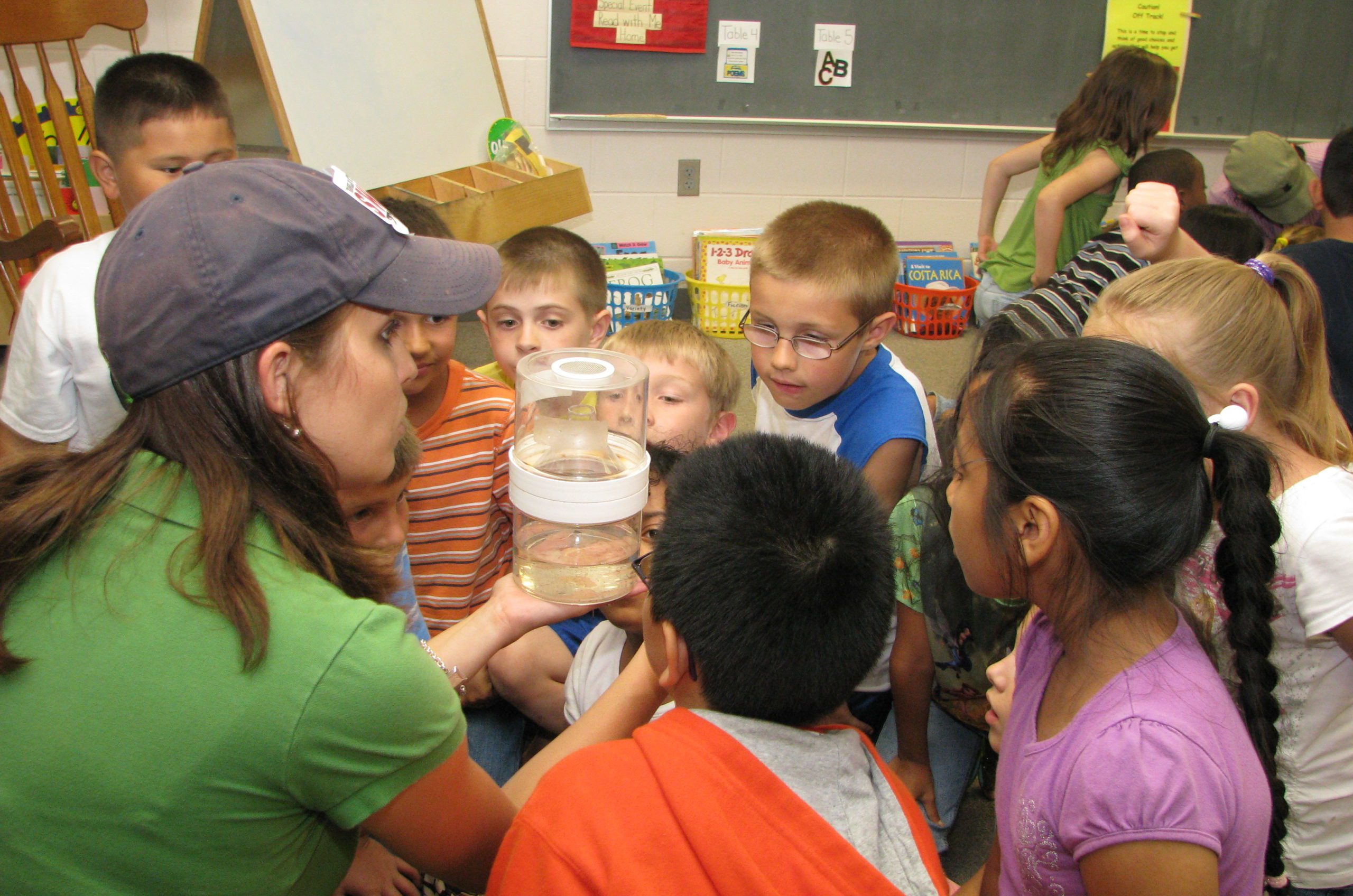 Despite the strategic and technological advances made in recent decades, mosquito control programs cannot be maximized without cooperation from the entire local community. Therefore, public education is an equally important pillar of an effective Integrated Mosquito Management program. Depending on stakeholder goals, community education can be accomplished in a number of ways, including public education campaigns, the distribution of brochures or fact sheets, and partnership with the health department to encourage the use of repellents and protective clothing. When individuals take preventative steps to remove standing water from their property they can help community efforts.
Despite the strategic and technological advances made in recent decades, mosquito control programs cannot be maximized without cooperation from the entire local community. Therefore, public education is an equally important pillar of an effective Integrated Mosquito Management program. Depending on stakeholder goals, community education can be accomplished in a number of ways, including public education campaigns, the distribution of brochures or fact sheets, and partnership with the health department to encourage the use of repellents and protective clothing. When individuals take preventative steps to remove standing water from their property they can help community efforts.
An integrated mosquito management approach often requires coordination between many different stakeholders and is most effective when rooted in the expertise of scientists and entomological experts. While mosquito control strategies and mosquito control technologies continue to evolve, it’s important to remember that public education and mosquito surveillance programs will always go hand in hand with larval and adult mosquito control programs.
Larval Mosquito Control Programs
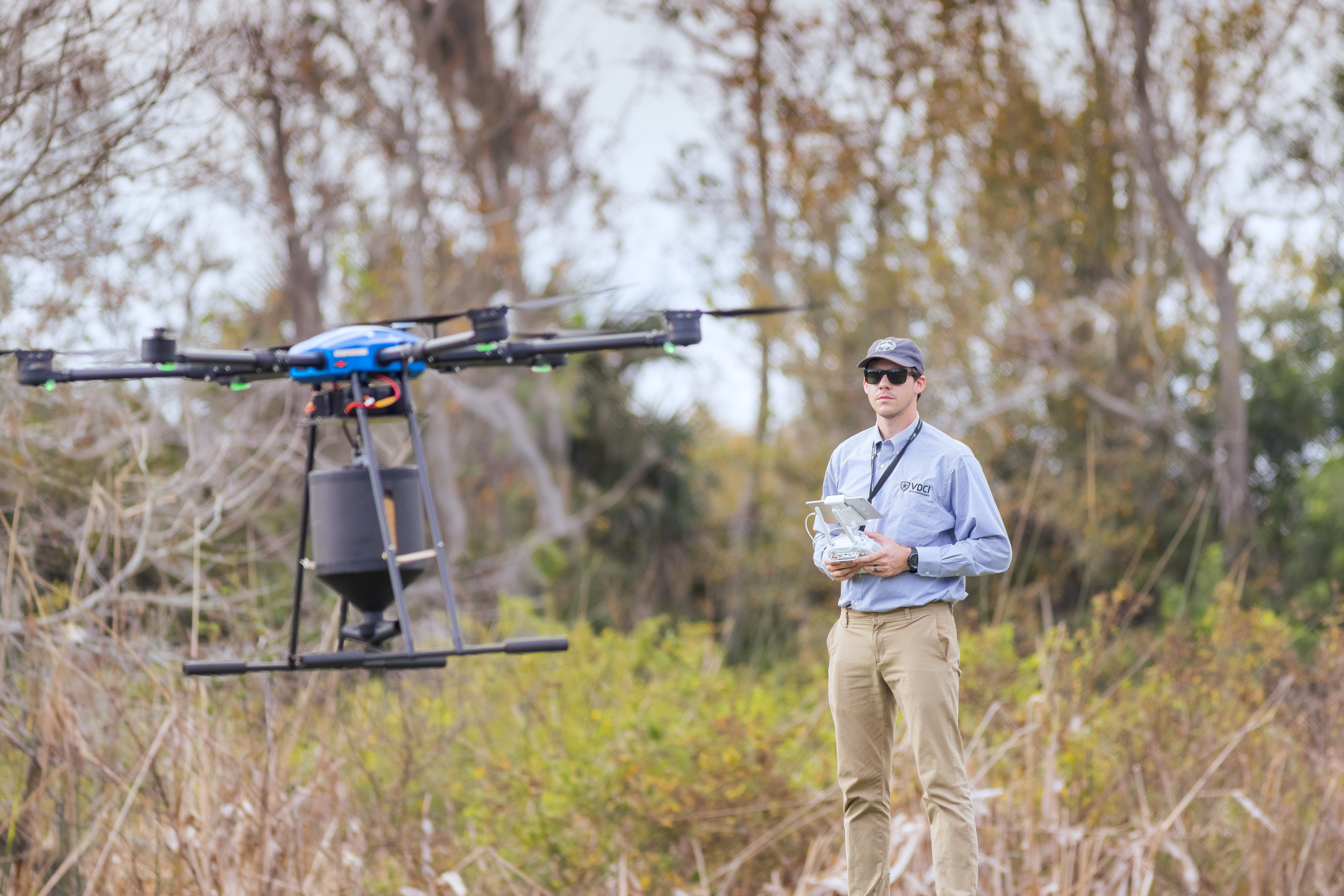 Targeting mosquitoes before they become adults is essential for any good program. That’s where proactive ground services come into play. Integrated Mosquito Management professionals specialize in understanding and identifying environments that foster mosquito development, like ditches, ponds, and stormwater drains. This knowledge helps experts shape and implement custom solutions that target the unique area. These might include source reduction, habitat modification, the introduction of natural predators like mosquitofish, or the application of EPA-registered larvicides to achieve sustainable mosquito control from the ground or, for vast areas, from above using advanced aerial technology.
Targeting mosquitoes before they become adults is essential for any good program. That’s where proactive ground services come into play. Integrated Mosquito Management professionals specialize in understanding and identifying environments that foster mosquito development, like ditches, ponds, and stormwater drains. This knowledge helps experts shape and implement custom solutions that target the unique area. These might include source reduction, habitat modification, the introduction of natural predators like mosquitofish, or the application of EPA-registered larvicides to achieve sustainable mosquito control from the ground or, for vast areas, from above using advanced aerial technology.
Adult Mosquito Control Programs
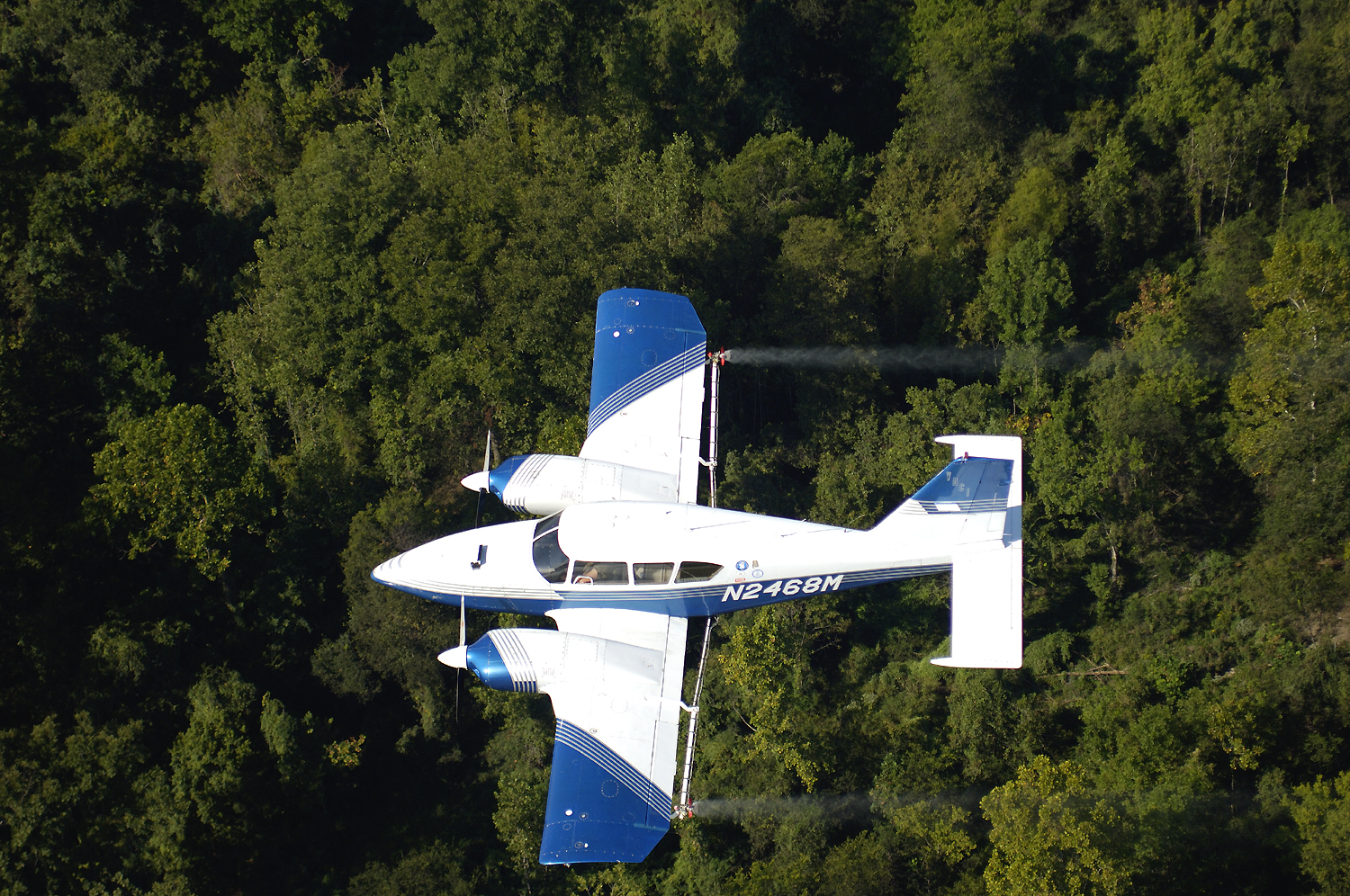 Although mosquito surveillance and larval control should be the first steps in any mosquito control program, the control of adult mosquito populations is a critical component of an integrated mosquito management effort. Utilizing either truck-mounted sprayers or aerial application equipment we are able to make highly-targeted applications to knockdown mosquitoes during their peak activity period. To ensure a successful application, advanced spray technologies must produce a proper product droplet size and utilize GPS technology to ensure safe and even distribution across large areas.
Although mosquito surveillance and larval control should be the first steps in any mosquito control program, the control of adult mosquito populations is a critical component of an integrated mosquito management effort. Utilizing either truck-mounted sprayers or aerial application equipment we are able to make highly-targeted applications to knockdown mosquitoes during their peak activity period. To ensure a successful application, advanced spray technologies must produce a proper product droplet size and utilize GPS technology to ensure safe and even distribution across large areas.
DID YOU KNOW? Hurricanes present several public health concerns, including a rapid surge in mosquito populations, which can disrupt recovery efforts and could lead to an increased risk of mosquito-borne diseases such as the West Nile. In order to deal with this problem, aerial applications of insecticides over wide areas can provide relief to the impacted area, assisting in the recovery efforts.
|
Contact Our Integrated Mosquito Management Experts
We are government partners in Integrated Mosquito Management. Complete the form below or call 800-413-4445 to learn how VDCI can help implement an Integrated Mosquito Management program or support an existing program in your community.
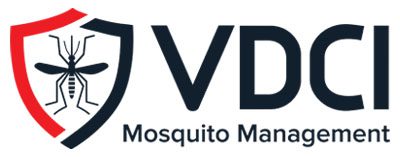 Since 1992, Vector Disease Control International (VDCI) has taken pride in providing municipalities, mosquito abatement districts, industrial sites, planned communities, homeowners associations, and golf courses with the tools they need to run effective mosquito control programs. We are determined to protect the public health of the communities in which we operate. Our mosquito control professionals have over 100 years of combined experience in the field of public health, specifically vector disease control. We strive to provide the most effective and scientifically sound mosquito surveillance and control programs possible based on an Integrated Mosquito Management approach recommended by the American Mosquito Control Association (AMCA) and Centers for Disease Control and Prevention (CDC). VDCI is the only company in the country that can manage all aspects of an integrated mosquito management program, from surveillance to disease testing to aerial application in emergency situations.
Since 1992, Vector Disease Control International (VDCI) has taken pride in providing municipalities, mosquito abatement districts, industrial sites, planned communities, homeowners associations, and golf courses with the tools they need to run effective mosquito control programs. We are determined to protect the public health of the communities in which we operate. Our mosquito control professionals have over 100 years of combined experience in the field of public health, specifically vector disease control. We strive to provide the most effective and scientifically sound mosquito surveillance and control programs possible based on an Integrated Mosquito Management approach recommended by the American Mosquito Control Association (AMCA) and Centers for Disease Control and Prevention (CDC). VDCI is the only company in the country that can manage all aspects of an integrated mosquito management program, from surveillance to disease testing to aerial application in emergency situations.

